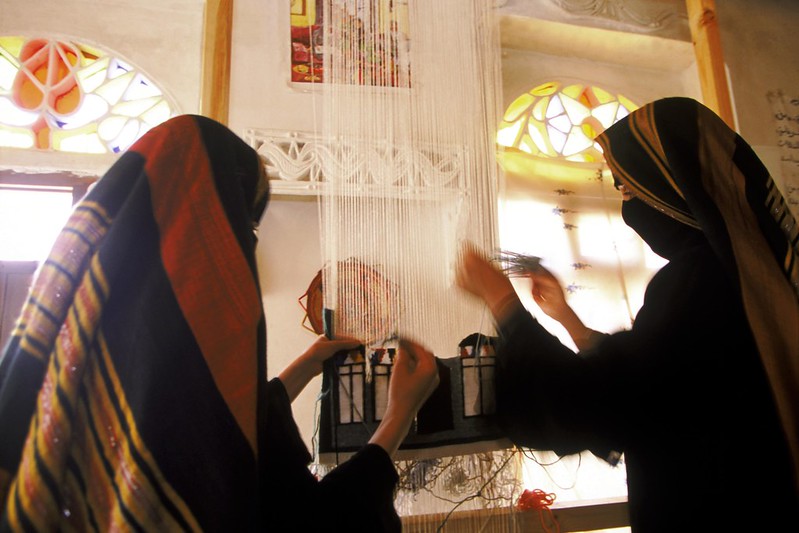Women in Yemen: A Fight for Rights in 3 Major Areas

Yemen’s ongoing conflict has driven the nation progressively nearer to socioeconomic disintegration since violence erupted in 2015. Inflationary pressures have put the cost of fundamental needs beyond reach for the majority of people. The conflict in Yemen continues to significantly damage the position of women, resulting in a near-elimination of their safety protocols and increasing their susceptibility to assault and exploitation.
Fight for Rights in the Workplace
According to Article 40 of Yemen’s Personal Status Law, a woman cannot acquire employment in the same capacity as a male and “the work must have been agreed by her husband.” The most recent figure from 2019 is the 6.04% employment rate for women in Yemen. In comparison, the global average in 2019 was 51.96% based on 181 nations.
Additionally, there is no legislation prohibiting sexual harassment in the workplace, nor are there legal sanctions or civil recourse for workplace sexual misconduct. Because of the unspoken societal consensus that females are often at fault, women are less likely to submit a sexual misconduct complaint due to concerns around receiving accusations of soliciting men’s attention. Women in Yemen have to fight for rights in the workplace because no law requiring equivalent compensation for the labor of equivalent merit exists.
USAID promotes women’s financial freedom in Yemen by providing career development, allocation and guidance to help women boost competitive engagement in the workforce. Additionally, technological guidance and strategic initiatives aid females in obtaining investment and job options, hence improving take-home pay. In 2020 alone, USAID helped more than 1,300 Yemeni women.
The Fight Against Gender Discrimination
Yemen sees women as secondary to males. Because of that, many women in Yemen cannot make important family decisions. In Yemen, there is no particular statute regarding spousal abuse. Females do not disclose abuse instances because they are afraid of arrest or further abuse.
According to Articles 51-72 of Yemen’s Personal Status Law, men can obtain a divorce with significantly fewer limitations than women. Furthermore, men’s rights to the guardianship of kids exceed that of women in the event of divorce.
According to UNICEF, 80% of the nation is reliant on relief aid. Therefore, impoverished Yemeni households resort to marrying their daughters off young in an attempt to ease the economic burden and obtain bare necessities. Fathers sell their daughters into marriage, and consequently, abruptly end their adolescence. This is a basic breach of human freedoms. In 2020, USAID-funded initiatives aimed to prevent forced child marriages by equipping more than 6,000 girls with essential competencies such as “problem-solving and decision-making.”
The Fight for Women’s Rights in the Political Arena
In the 2011 protest, women were key participants and continued to be throughout the subsequent domestic discourse. When the uprisings’ effect dissolved, the women ultimately experienced abandonment and could not promote their beliefs. Yemen does not have a policy that safeguards women. Instead, Yemeni legislation disparages them if they undermine any political organization.
Women in Yemen have virtually no authority to sway legislation in order to strengthen their roles. They do not have widespread popular political support due to the fact that a disproportionate number of men participate in politics. The men exclude women who promote or show any political interest.
U.N. Women works in Yemen to increase women’s civic involvement. It firmly supports encouraging engagement in community affairs and political judgment. U.N. Women values the significance of equitable participation of both sexes in diplomatic discussions and crisis settlement.
Because of the importance of increasing political dialogue for women in Yemen, U.N. Women established the Yemeni Women’s Pact for Peace and Security platform. U.N. Women advocates for the inclusion of women in all political conversations.
Despite the marginalization of Yemeni girls and women, they are receiving assistance from major global organizations. These efforts have been essential in effectively working to promote women’s rights in Yemen.
– Tiffany Lewallyn
Photo: Flickr
